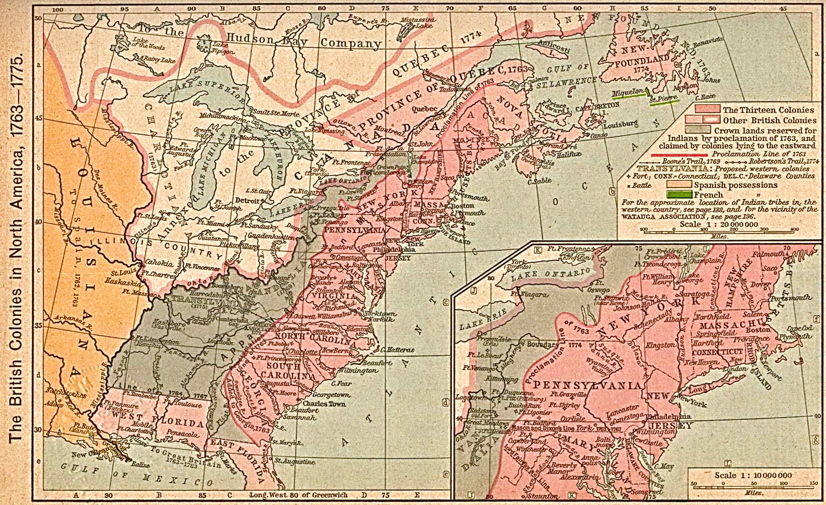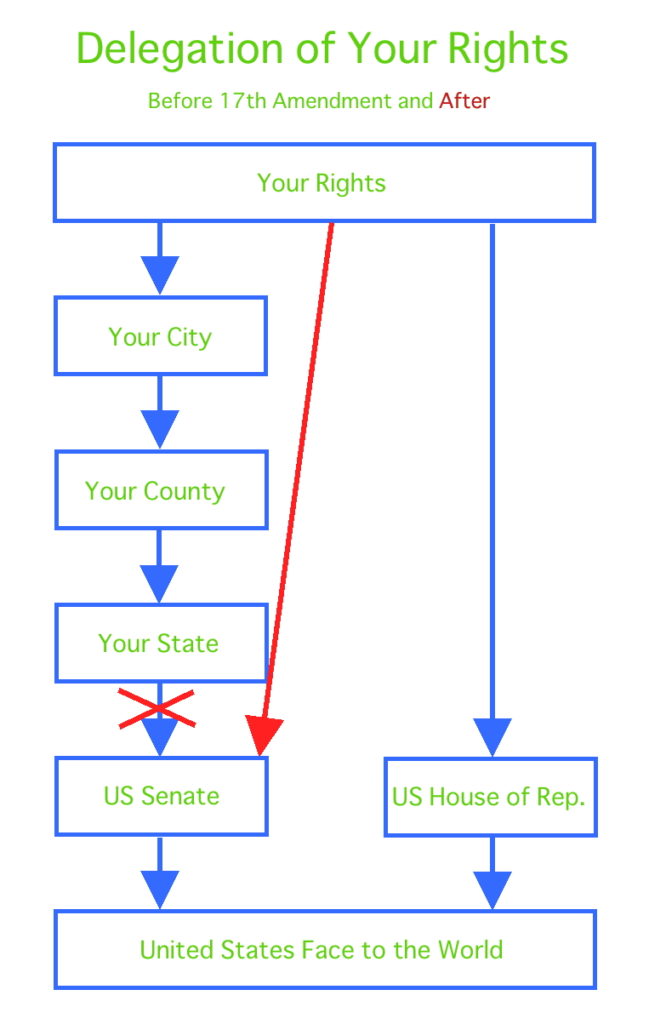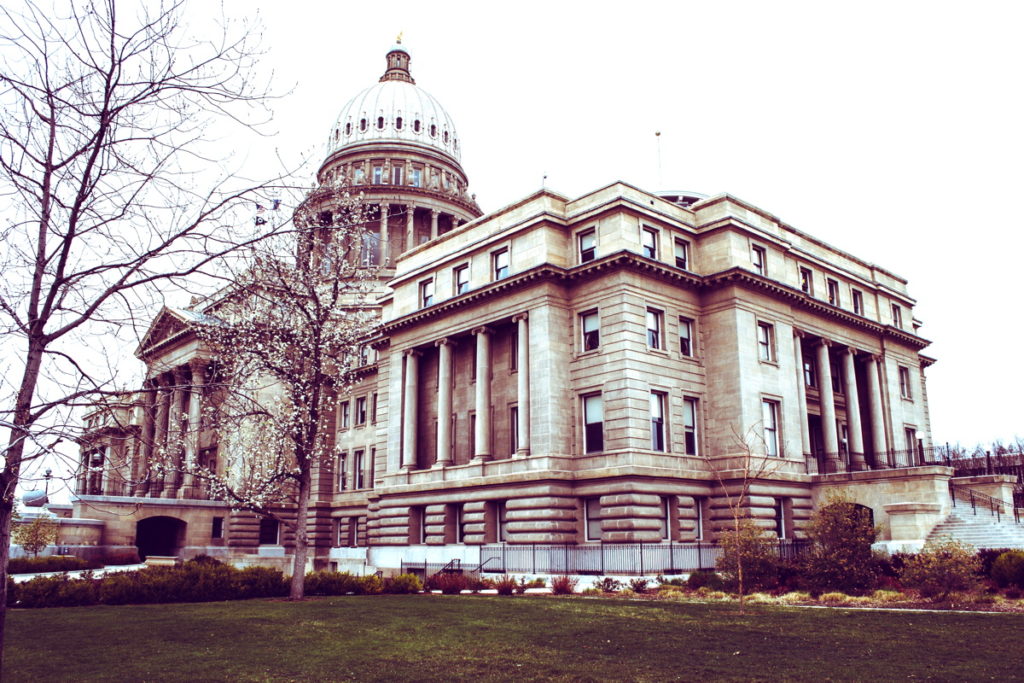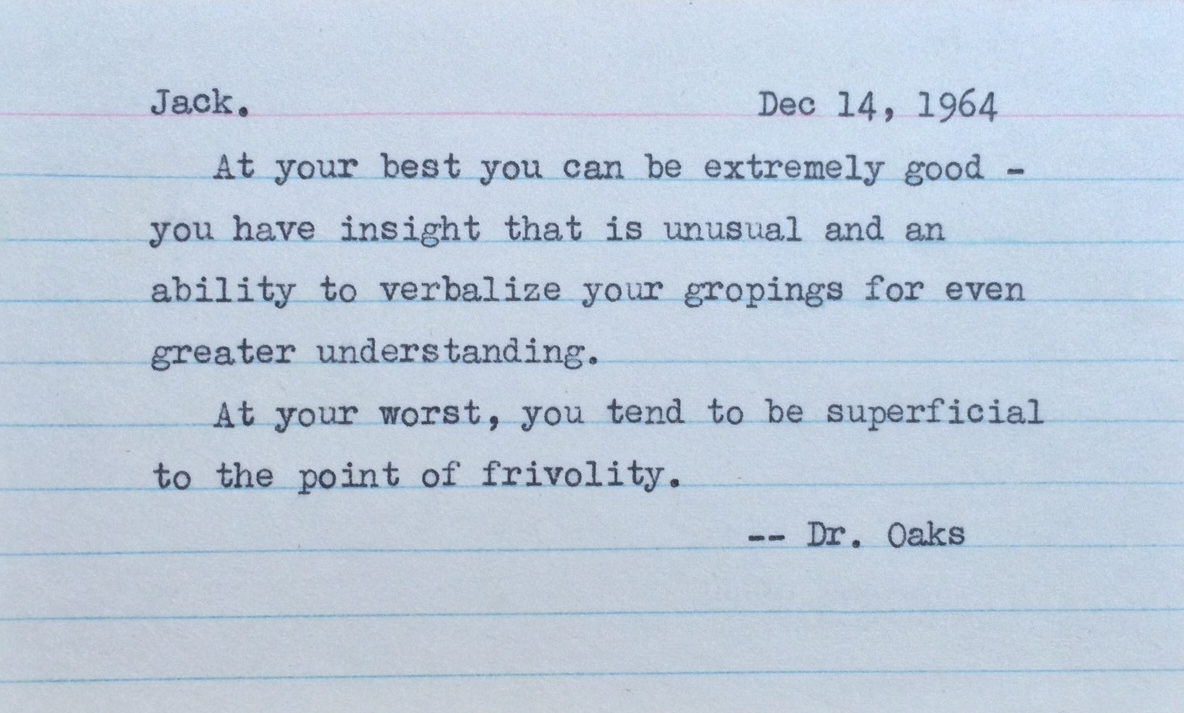The “United States of America” has become a misnomer.
In 1776, “state” and “nation” were synonyms. The USA could have been named “The United Nations of America”, the UNA. After pushing the British off our shores, the colonies became independent nations but they usually called themselves states. The founders’ goal was to create a federation of these nations, a political cooperative that would have the advantages of a large nation presenting a single face to the world. Their first attempt was the Confederacy and each state kept its national sovereignty as desired.
 With the lessons learned from that failure, they wrote the Constitution, intent upon a new, permanent republic. The new USA was to be just a short step from the Confederacy, just far enough to give the new national government adequate authority to overcome the short falls of that first attempt.
With the lessons learned from that failure, they wrote the Constitution, intent upon a new, permanent republic. The new USA was to be just a short step from the Confederacy, just far enough to give the new national government adequate authority to overcome the short falls of that first attempt.
So the Constitution granted jurisdiction to the US government only in those areas required and it was careful to spell out exactly what that jurisdiction was. Then the first ten amendments were added just to be sure there were clear restrictions on the powers given. For example, the Constitution doesn’t mention land, water, mining, labor, marriage, and gender. To eliminate all doubt, it specifically denied authority over guns and religion in the First and Second Amendments. The states and their political subdivisions were to address all these matters if need be. The question is one of jurisdiction.
The Tenth Amendment, although very clearly stated, is probably the amendment most frequently violated by our federal legislature. It reads thus:
The powers not delegated to the United States [government] by the Constitution, nor prohibited by it to the States, are reserved to the States respectively, or to the people.
As a people, we have lost that constitutional vision of our political pioneers, and now “USA” could as well mean “The United Super-counties of America”.
State Rights Are Sovereign Human Rights
We are born into this wonderful system that still tries to protects our rights. But most of us live and die and vote without understanding how it has protected freedom better than any other system. So we keep asking the federal government to solve more problems and thus to get bigger and bigger, and it is only too happy to comply as bureaucrats build their kingdoms and budgets while assuming more and more jurisdiction. And then we complain “the government is way too big”. Go figure.
To protect each citizen’s individuality, the Constitution divided the powers of government horizontally (executive, legislative, and judicial) and vertically. The vertical dividers were the Tenth Amendment and the divisions of states, counties, and cities. Address issues at the lowest possible level of government was the idea — keep government close to home in the lowest possible jurisdiction. It fits nicely with “Keep your friends close, and your enemies closer” doesn’t it?
The states were to be the primary protectors of our rights at the federal level so they received equal representation in the Senate. Senators gained their office by action of their state governments, not their people. State governments selected them and they served at the pleasure of those state governments.
The Seventeenth Amendment Crippled the States
 The Seventeenth Amendment changed all that. It elected Senators by popular vote and converted the Senate into another House of Representatives. Big money knew that it would be much easier to line their pockets if they only had to sway public opinion, so they got behind it and made it happen.
The Seventeenth Amendment changed all that. It elected Senators by popular vote and converted the Senate into another House of Representatives. Big money knew that it would be much easier to line their pockets if they only had to sway public opinion, so they got behind it and made it happen.
The “Delegation of Your Rights” sidebar shows how the amendment transformed our legislation into a purely democratic process. The Seventeenth Amendment not only stopped the control states had upon the federal government, it cut off the influence cities and counties had.
The two houses of representatives (Senate and House) now dictate policy to the states. They have purchased obedience by giving them federal tax revenues in exchange for their submission. There is no sense to any of this unless you are a power consolidator.
It is easy to get lost in the details of this huge, complex thing we call government. But at its core, the only justifiable purpose of government is to protect the citizens’ rights from foreign and domestic threats. Period. The Seventeenth Amendment moved us radically away from a Republic toward pure pure democracy — a government the founders feared greatly because it devolves into warring camps like we have now.
So, what can we do?
Up With the Sovereign States
Everyone thinks the federal government has gotten too big. Well, everyone but the power consolidators. The general population thinks so. A 2017 Gallup poll showed that 67 percent view big government as our biggest threat. Here’s a way to restore the republic once envisioned.
The National Governors Association (NGA) is a natural place to start. Here the individual states already counsel together. It is an established forum that could begin to fill the void created by the Seventeenth Amendment. The states have no authority in the federal Congress, but the NGA could function as a confederate Senate until the states regain their full voice there. In fact, they are already speaking louder.
The States Are Coming Back Online
The states have told the U.S. government that they are fed up with its constant violations of the tenth amendment. How?
There is a significant rash of states (and even localities) saying, “No! Not in my backyard!” This was exactly the strategy James Madison recommended in Federalist #46. He said when the federal government oversteps its bounds and commits “unwarrantable” acts (or even actions that are just unpopular), the states should “refuse to cooperate with officers of the union”. Jefferson held the same opinion.
The states are not writing U.S. law, but they are asserting their sovereignty through Madison’s nullification method. State legislatures are either ignoring federal mandates or writing laws that countermand them.
Examples of State Resurgence
Here are just a few, recent state moves to regain control lost to federal overreach.
Wyoming takeover of federal facilities during a federal shutdown.
Maryland ends federal asset forfeiture.
New Hampshire blocking federal waste site.
Hawaii legalizes raw milk distribution.
New Mexico limits use of cell tower spoofing for surveillance.
South Dakota law gives concealed firearm carry without permit.
There are many, many more.
Or the States Just Say “No”
The recent nullification movement started in 1996 when California voters approved Proposition 215, the Compassionate Use Act, authorizing the possession, cultivation and use of marijuana for limited medical use despite absolute federal prohibition. The federal government has no authority to ban a plant. If you doubt this, ask yourself why it took a constitutional amendment to ban alcohol. But despite federal law, and a Supreme Court opinion supporting it, that single act of California defiance has grown. Today, 33 states have legalized medical marijuana and 10 states have legalized the plant completely. With so many states refusing to enforce federal prohibition, it is unenforcible. This is nullification in practice and effect.
States have applied nullification in other areas of federal overreach: in healthcare, the Federal Reserve’s unconstitutional monopoly in our money (by declaring precious metals as legal tender), food regulations, gun control, the EPA, education schemes and more.
There are various levels of state sovereignty over federal officers. There have been no objections, for example, to state officers arresting federal agents for breaking state laws.
Kicked out of the Senate, the states are recovering their sovereignty the best they can.
How the States Can Regain Their Voice
The NGA, already acting as a confederate US Senate in substantial ways, could use its power of unity and move the states from their present position as rebellious children to equals with the general U.S. population — the U.S. House of Representatives. What could be more natural, and thus easier, than for the states, working through the NGA, to ratify a U.S. Constitutional amendment that undid the Seventeenth.
 It could be done by rescinding the Seventeenth, or by rescinding and replacing it with a better idea. Either way, each state should assure that their Senator serves at the pleasure of that state government. Why? So the state represents itself and therefore the rights and powers of the citizens of that state.
It could be done by rescinding the Seventeenth, or by rescinding and replacing it with a better idea. Either way, each state should assure that their Senator serves at the pleasure of that state government. Why? So the state represents itself and therefore the rights and powers of the citizens of that state.
This tends to make the individual citizen feel he is losing some of his voice in the US Congress, but the fact is he has already lost that voice. Putting the states back in the Senate actually restores this loss. It makes perfect sense that the state must defend the rights the people have delegated to it. A glance at the Delegation of Your Rights sidebar will confirm these ideas. Just remove the red marks to see the result.
All Hell Will Break Loose
 When it comes time for the states to regain their seats in the Senate, all hell will break loose. So what! The state legislatures can band together and pass the amendment whether or not a majority of the general population support it. The power consolidators will raise cain. They have had great success since the states were taken down, and they will not give up the ground they won without a huge blustering, frightening and threatening fusillade of rhetoric and legislative attempts to thwart the creators of the United States from putting themselves back in the position of power they first won in the Constitutional convention so long ago.
When it comes time for the states to regain their seats in the Senate, all hell will break loose. So what! The state legislatures can band together and pass the amendment whether or not a majority of the general population support it. The power consolidators will raise cain. They have had great success since the states were taken down, and they will not give up the ground they won without a huge blustering, frightening and threatening fusillade of rhetoric and legislative attempts to thwart the creators of the United States from putting themselves back in the position of power they first won in the Constitutional convention so long ago.
The power consolidators will scream. Here’s a few of their favorite protests along with simple, powerful answers:
Protest: “You just want to go back to the old, obsolete ways!”
Answer: “You agree that the government is too big? Well, we want power returned to the states where it once was. That will take care of it. What’s obsolete about that?”
Protest: “The Seventeenth Amendment was passed because there were too many problems with the way Senators were selected. You want to go back to that?”
Answer: “That’s right, there were some problems, but in exchange we got much bigger problems. You want to keep these? Pure democracy always devolves into the warring camps we have in our country today. We want our republic back.”
Protest: “Under the Constitution, Senators were often “bought and sold” by big money people in the states.”
Answer: “So, did that get any better?”
Protest: “What about the deadlocks the state legislatures experienced in choosing their senators? Delaware only had one senator for a while.”
Answer: “Are you saying the states can’t fix that? Utah had that problem and they fixed it very quickly.”
Protest: “It will completely upset the established procedures in the Senate!”
Answer: “Wonderful.”
Protest: “We have spent more than two centuries trying to unify the application of law for all citizens — to assure that every citizen across our great land has equal protection of the law. When you put the divisive influences of the states back into the Senate, you will undo all the good that has been done. It’s just insane!
Answer: I agree that the federal government must treat all citizens with equal protection and equal justice. However, the citizens of the US are very diverse and their wants and needs are also very diverse. For example, in one town, most citizens want to see the ten commandments displayed on a plaque on the courthouse lawn, while in another town the majority would rather not see that there. So why not let each town decide what will be on their courthouse lawn? The founders wanted every issue to be administered at the lowest possible jurisdiction. This is a true and correct celebration of diversity. Letting state governments represent their counties and cities in Congress can achieve that. You will see that a restored Senate will gradually move the federal government out of state and local issues.




